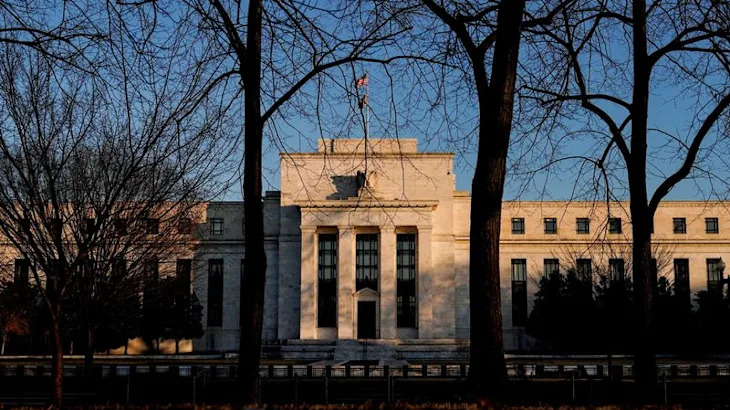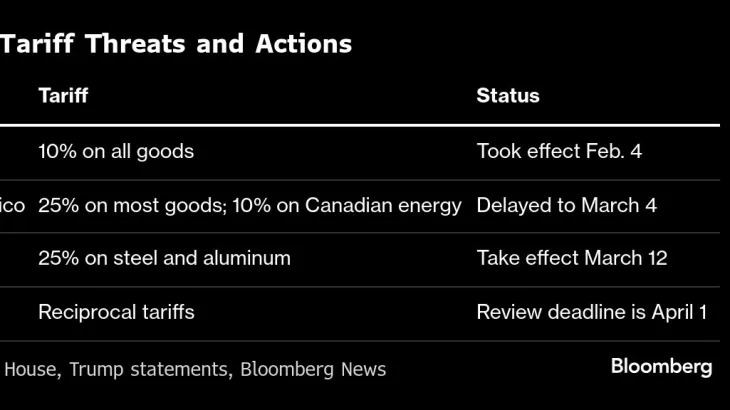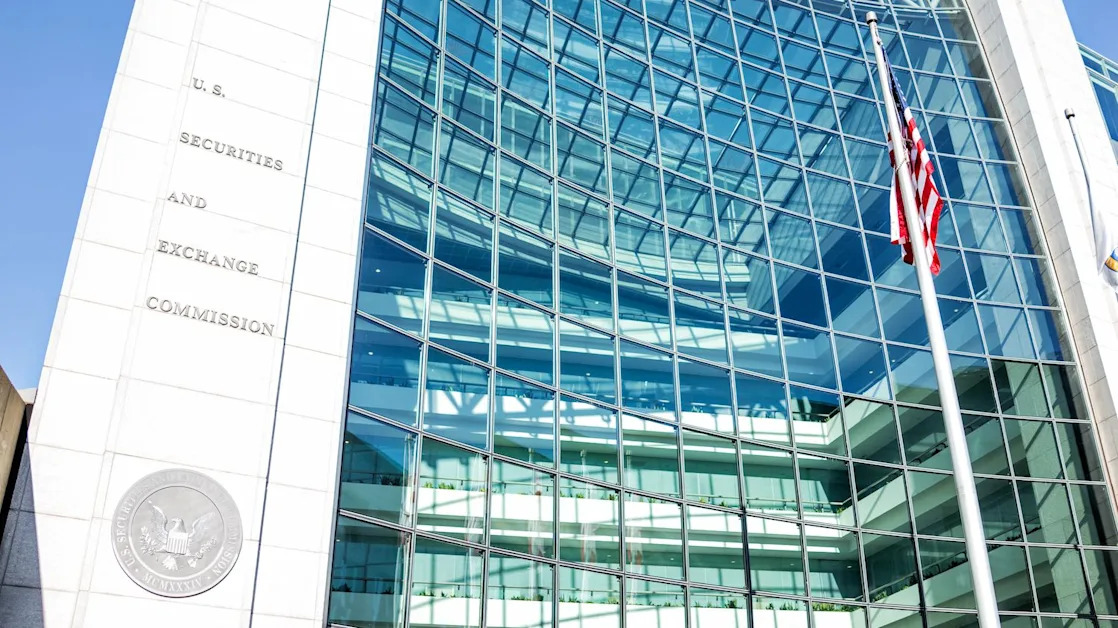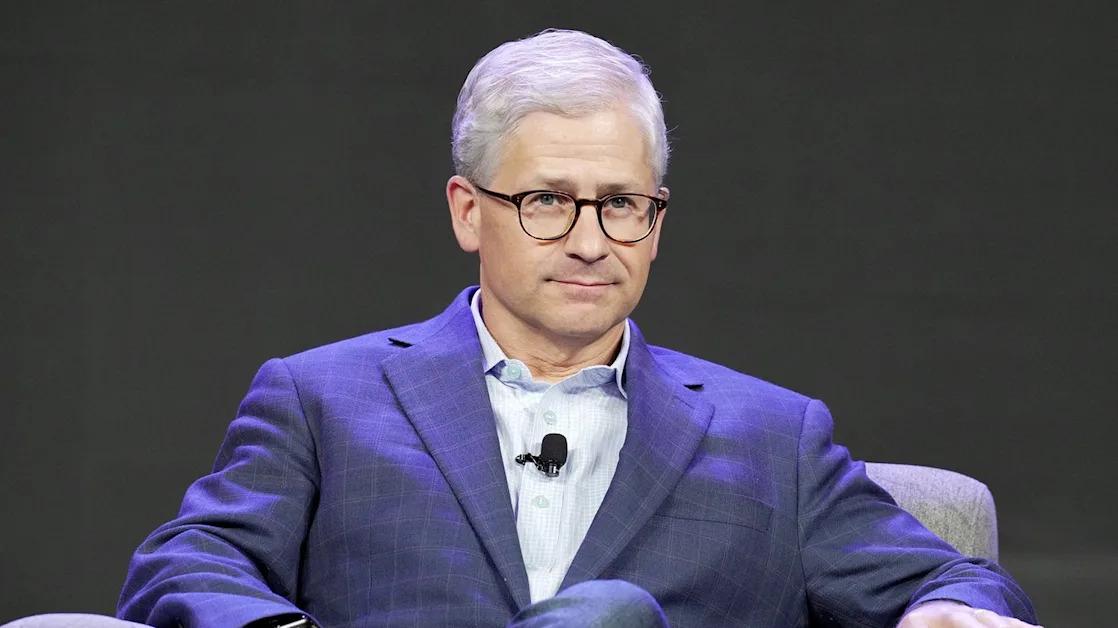Fed's quantitative tightening expectations upended by debt-ceiling worries
Expectations for the future path of the Federal Reserve's balance sheet drawdown process have been scrambled in the wake of last week's readout of January's policy meeting, which showed central bankers concerned about how the effort to shed bonds might collide with dynamics around the federal debt ceiling. Until a few days ago many banks had been pushing back their expected end date for the Fed's drawdown of its Treasuries and mortgage-backed securities - a process called quantitative tightening - but there's now no solid consensus as to how the U.S. central bank will proceed with shrinking the holdings over the coming months. This fragmentation follows the release of the minutes of the policy-setting Federal Open Market Committee's January 28-29 meeting, when "various" policymakers said they were open to pausing or slowing the reduction of Fed-owned Treasury and mortgage bonds to navigate uncertain money market conditions as Congress sorts out government finances and a statutory cap on the federal debt that came back into force last month.












